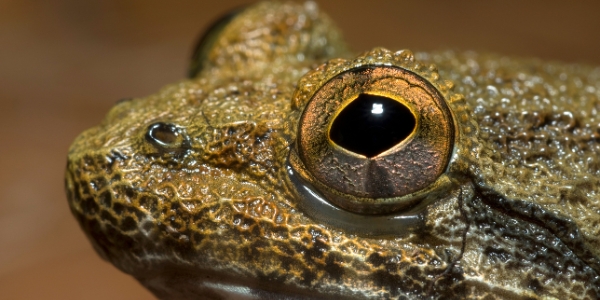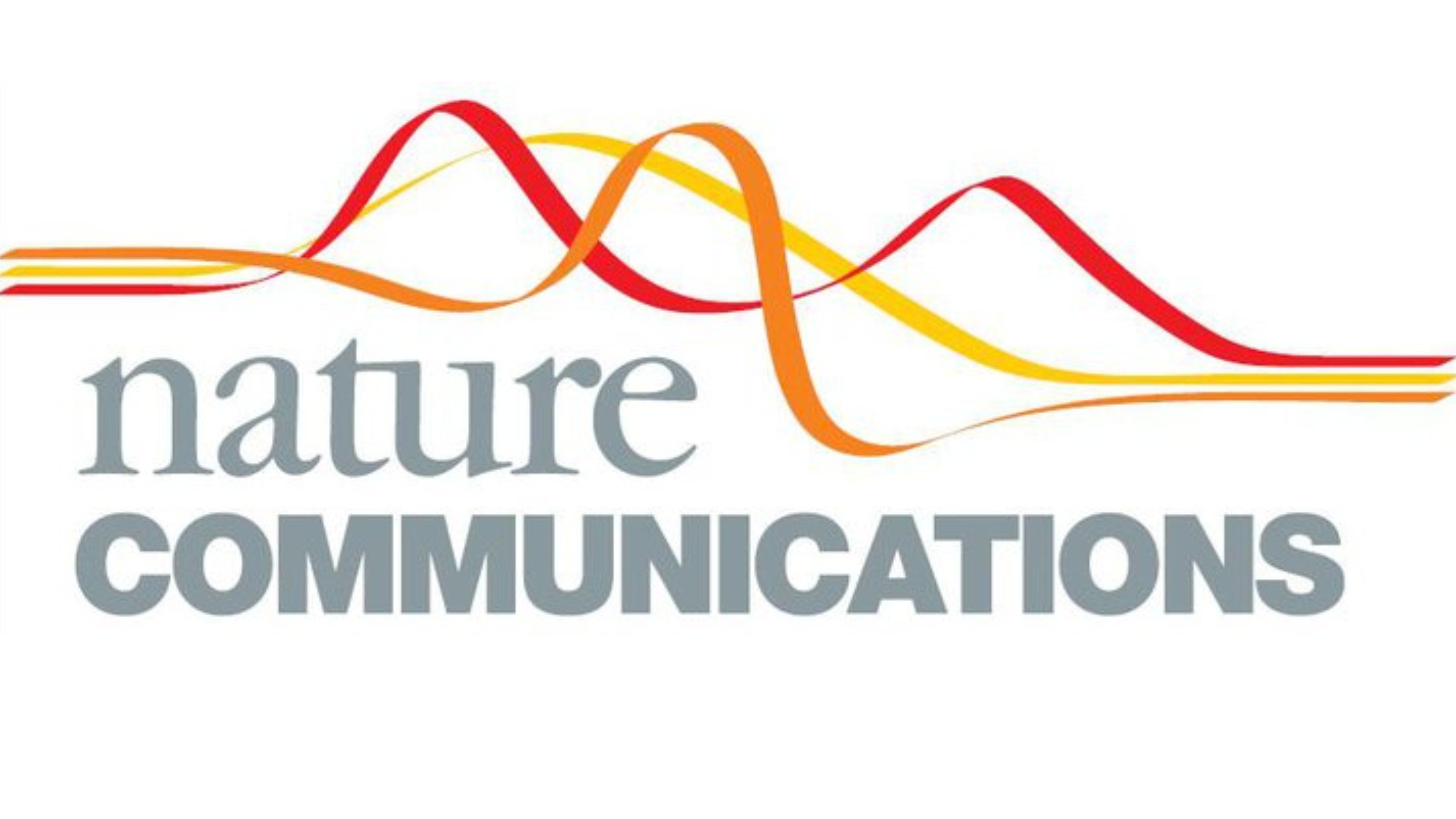Russia's action expands what's defined as "local" in the Arctic
As Russia's invasion of Ukraine takes center stage, remote areas of the Arctic are thrust to the front row of global impacts to the environment, economics and human security.
In this month's open-access journal Ambio, scientists from Michigan State University (MSU), including EEB core faculty member Jianguo "Jack" Liu of the Center for Systems Integration and Sustainability, and PhD student Veronica Frans, outline the many ways the Arctic's natural resources, ecosystems and people are tightly connected - both to the eight countries that have land in the Arctic, as well as to global events.
It's critical, the paper notes, to understand the complexities of tightly bound actions and events of both people and nature, especially in times of crisis - most notably climate change and heated conflict between Russia and western countries.
"The current Russia-Ukraine War has cascading consequences for the Arctic and around the world," said Liu, who is in the Department of Fisheries and Wildlife in the College of Agriculture and Natural Resources. "The socioeconomic and environmental impacts go far beyond the war zones."
The Arctic is at the epicenter of complex and socioeconomic change. Climate change is providing more shipping routes, altering the habitats of critical fish and marine life on which indigenous communities depend for subsistence, and even facilitating the phenomenon of "last-chance" tourism. Increased access to and extraction of natural resources, such as oil and natural gas, holds the potential for both positive and negative outcomes.
And since the Arctic contains eight countries, with Russia and the United States being key players, the dynamic connections between human activity, nature and politics are intensifying.
"The crisis in Europe has directly impacted Arctic oil and gas development as well as Arctic regional and global shipping," said Lawson Brigham, researcher at the University of Alaska Fairbanks. "The complex linkages of the Arctic to the globe have never been more apparent.".
Researchers applied the framework of metacoupling, a relatively new way of looking at complex systems holistically to understand socioeconomic and environmental interactions and influences both near and far. In several key areas of the paper, the authors reveal how Russia is deeply involved:
- Oil and gas development. Russian investment in and development oil and gas exports have played a substantial role in shaping economic trajectories as well as vessel traffic patterns in the Arctic. Already, sanctions placed on Russia have slowed or halted development.
- Commercial fisheries. Pacific cod, for example, are harvested from neighboring regions of Alaska and Russia, yet are managed independently by each national government. This poses a threat to the sustainability of fish populations in the long term.
- Wildlife management. Chukchi Sea polar bears are co-managed by indigenous communities and representatives from the United States and Russia, who share knowledge and update policies to ensure the sustainability of this sub-population.
- Increased shipping traffic. As Arctic Sea ice declines, marine traffic has increased due to greater access and longer seasons of navigation - partly as Russia delivers more natural gas and oil to Asian and European markets, as well as other traffic including marine tourism. With these new marine operations can come noise pollution, introduction of invasive species, and injury or death to large marine mammals.
"In times of global challenges, it's going to be important to be aware that Arctic communities and ecosystems affect and are affected by events both near and far. Considering these connections is critical if we hope to steer the course of the future towards sustainability," said Kelly Kapsar, an MSU-CSIS PhD candidate and lead author of the paper.
Read more from CSIS



